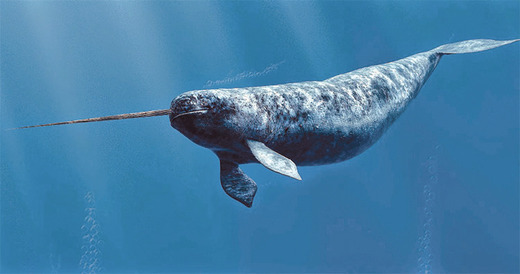 A high-performance or elite sport such as horse racing showcases the highest level of competition. Weighing up the chances of a horse winning a race is a bit like completing a puzzle. There are various factors that need to be considered. The more information you have about the performance history of the horse, the more likely you are to make the right bet.
A high-performance or elite sport such as horse racing showcases the highest level of competition. Weighing up the chances of a horse winning a race is a bit like completing a puzzle. There are various factors that need to be considered. The more information you have about the performance history of the horse, the more likely you are to make the right bet.
In this article, we are going to discuss the characteristics and attributes of a horse that define its potential to win, along with a few horse racing tips. So let’s dive right in!
Table of Contents
1. Horse’s Headgear
If you’re new to horse racing, then you may be surprised to know how much the headgear of a horse affects its performance. It is used for a variety of reasons, but the primary cause is to help the horse concentrate on running. The common types of headgear worn by racehorses include the following:
- Cheek pieces
- Blinkers
- Visors
- Tongue Tie
- Eye Shield
Headgear can affect a runner’s performance significantly. That is why it is important to take extra notice of the horses that are using a type of headgear for the first time or are using an already-used headgear.
2. Performance History
The performance history of a horse is another important factor that affects the chances of a horse’s win. You need to look at how the horse fared in previous races. It’s also important to note whether the race conditions previously were similar or different to the upcoming race.
Make sure you also consider the time that it has been since the horse’s last race. A long gap or resting period in a high-performing horse’s career also affects its winning probability. The current health and fitness of the horse are also other important factors to take into consideration.
3. Time of the Year
Some horses peak during certain times of the year. So, it is also important to scrutinize a horse’s performance history of each month and season to make a well-informed decision. Sometimes performance peaks are also a result of individual training plans, physical conditions, and ground preferences.
When you look at it from a physical perspective, you’ll notice that some horses thrive early in the year, while others perform best during spring. There are also some horses that run at their best during summer when there is sun on their backs. Make sure you study their previous performance statistics to predict the results more accurately.
4. Horse’s Running Style
Each horse has a unique personality and a running style. Some horses prefer a battleground with fierce competition and thrive off it, while others choose to ride easy when dealt with such a fueled duel.
The running style of horses also plays a significant role in determining the results on a given day. Some runners conserve their energy in the beginning and then accelerate towards the end of the race.
There are also horses who maintain their pace throughout the race and struggle to accelerate at the end to finish off the race. Both styles have their advantages and drawbacks.
5. Distance & Ground Conditions
The breeding of the horse mainly determines which type of ground will favor the horse. However, not all horses conform to these traits and can outperform others on ground that was predicted as a tough terrain for the runner. This type of information works best when a horse is running on a certain type of ground for the first time. In those cases, the predictions are proven mostly correct.
Final Thoughts
There are several attributes and characteristics that play a role in determining how a horse will perform in a race. The more time you spend betting on horse races, the more insights you’ll gain on how certain factors affect a certain horse’s performance. Hence, you must gain information about horse racing and betting and take your sporting passion to the next level. Visit Palmerbet website today!







